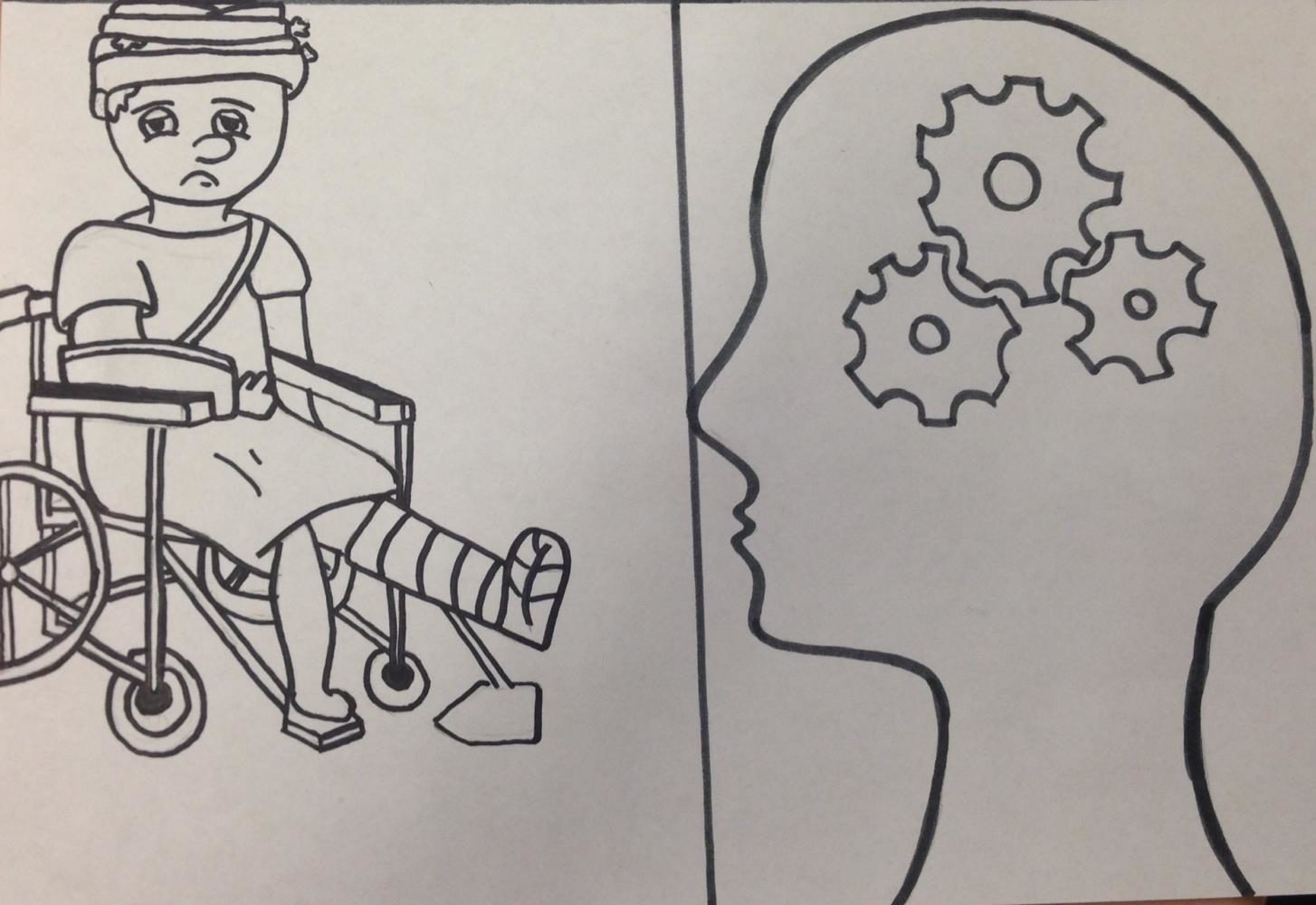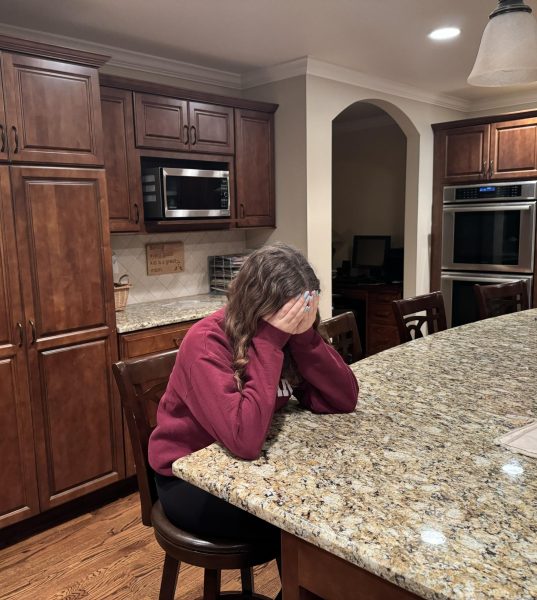It’s a no-brainer: mental and physical health should be treated the same
You’re sitting in a classroom and someone with a broken leg covered in a cast walks in. Immediately, people turn their heads and gaze at the impaired visitor, flooding them with hundreds of questions and showering them with a great amount of sympathy– “What happened!?” “Are you okay!?” “Can I get that for you?”
Now imagine if someone who is depressed walks in the room with their head down, quiet and to themselves- clearly showing that something is wrong. The response wouldn’t nearly be the same, even though the person could be in just as much pain as the one with the broken leg.
This is just one of many examples that show how mental health is not treated as equal to physical health. Sadly, there are probably hundreds of more and this happens every day.
Although there are many differences between mental and physical health, there should be no difference in how they are treated in our society. Mental health has serious side effects and can even lead to poor physical health, yet it does not receive the attention or treatment that physical health does.
If mental health was treated just like physical health, we may have more treatments, medication and solutions to the very serious issues that we see in people who have an unstable mind.
If mental health was treated just like physical health, it would help prevent stereotypes and stigmatism and help people understand that if they have a problem, they should not be embarrassed or scared to get help because they deserve to live a happy and healthy life.
If mental health was treated just like physical health, it would be taken more seriously.
Neither mental illness or physical illness is more important than the other. They go hand in hand and depend on each other so the body can properly function and meet its needs. If mental health is not treated, it can affect physical health, and if physical health isn’t treated it could affect someone’s mental health. But the two illnesses are not treated that way.
If mental illnesses are not treated properly due to stereotypes and/or stigma, it doesn’t just negatively affect the patients themselves, but it could negatively affect those around them. If more consequential and serious disorders such as schizophrenia, depression or multiple personality disorder aren’t treated, it could lead to serious acts of violence due to the fact that they can not think and adjudicate towards good decisions and have trouble classifying right from wrong
If we implemented something as simple as different required programs or classes in schools throughout America, we would be able to determine symptoms, learn how to get help and how to help someone dealing with a mental illness. By educating the public more about this topic, we can come to the realization that mental health is something that is very serious yet very common within our society.
Once we help establish this type of understanding, we can help prevent stereotypes and the stigmatism behind mental health as a whole. By preventing these things, we can create a safer and happier environment that allows people struggling to openly get help if needed. By providing more serious and informative education about mental illness, we can help make a difference in everyone’s lives.












